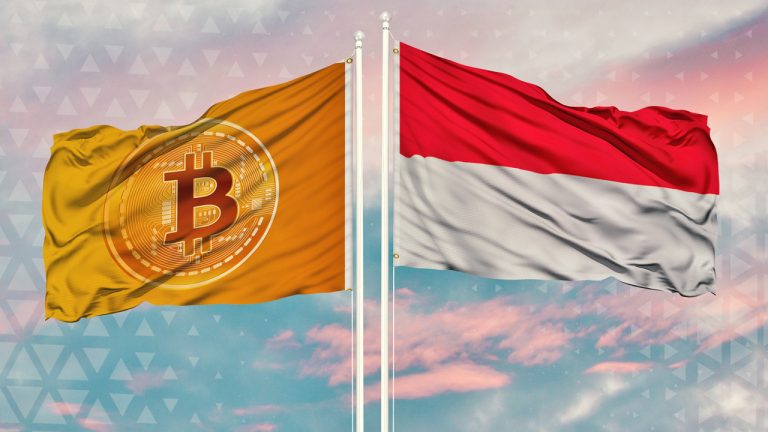
In contrast to the regulatory stance taken by the U.S. Securities and Exchange Commission (SEC), the Commodity Futures Trading Supervisory Agency (CFTSA) of the Republic of Indonesia has officially labeled 501 cryptocurrencies as commodities. The list of these digital assets includes popular tokens such as bitcoin, ethereum, usd coin, litecoin, and several others that the SEC has classified as securities in recent years.
Crypto Regulations Diverge: Indonesia Embraces 501 Digital Assets as Commodities
On June 9, 2023, Indonesia’s regulatory agency Bappebti made public a comprehensive catalog of 501 crypto assets that are now classified as commodities within the country. This classification encompasses well-known coins like LTC, UNI, SOL, BTC, ADA, ETH, XRP, SAND, DOT, XTZ, XLM, BUSD, and XRP, among others. These assessments were made following the announcement by the Indonesian government regarding the establishment of a crypto exchange in September 2022. The subsequent month witnessed discussions around new financial legislation aimed at strengthening cryptocurrency regulations.
Furthermore, following the downfall of FTX, Bappebti issued directives to cryptocurrency exchanges, instructing them to halt trading of FTX’s native token, FTT. The regulatory approach of Indonesian authorities diverges significantly from that of their counterparts in the United States, where more than three dozen crypto assets, including telegram gram token (TON), tokencard (TKN), tron (TRX), xrp (XRP), xyo network (XYO), flexacoin (AMP), hydro (HYDRO), iht real estate (IHT), kik (KIN), kromatica (KROM), and lbry credits (LBC), have been classified as securities.
Moreover, Indonesia supports the de-dollarization efforts and the plans of the BRICS countries to strengthen non-U.S. fiat currencies. In April, Perry Warjiyo, the governor of the Bank of Indonesia, stated, “Indonesia has initiated diversification of the use of currency in the form of LCT — The direction is the same as the BRICS. In fact, Indonesia is more concrete.” Indonesia’s perspective on crypto assets resonates with the court rulings in China, where digital currencies and non-fungible tokens (NFTs) have been classified as property.
During an April court case involving the now-defunct crypto exchange Gatecoin, a judge in Hong Kong ruled that crypto assets should be treated as “property.” With Indonesia taking the lead in classifying 501 crypto assets as commodities, it is likely that several other countries in the region will follow the path laid out by Bappebti.
Will Indonesia’s classification of 501 cryptocurrencies as commodities pave the way for a global shift in regulatory approach? Share your thoughts and opinions about this subject in the comments section below.
via Jamie Redman
0 comments:
Post a Comment